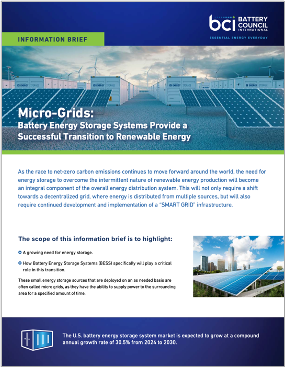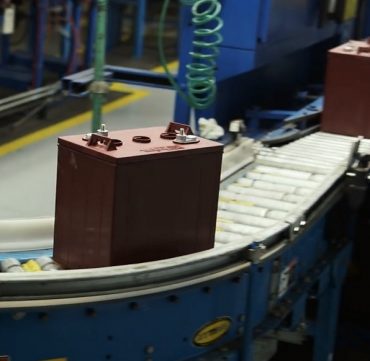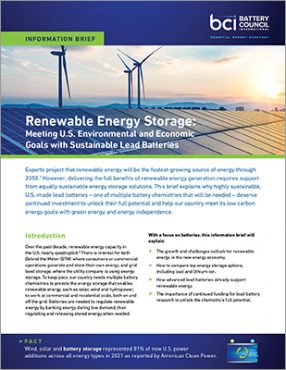The transition to a net-zero future will require a phenomenal amount of energy storage for renewables. We’ll need multiple battery chemistries, both established and new. The lead battery industry already plays an essential role in the green energy transition and providing ongoing energy storage needs across almost every sector.
Essential Energy Everyday Proudly Celebrates National...
As the world continues to move toward electrification, news about cleaner, greener energy abounds. But there’s added emphasis this week,...
Blog
September 23, 2020











